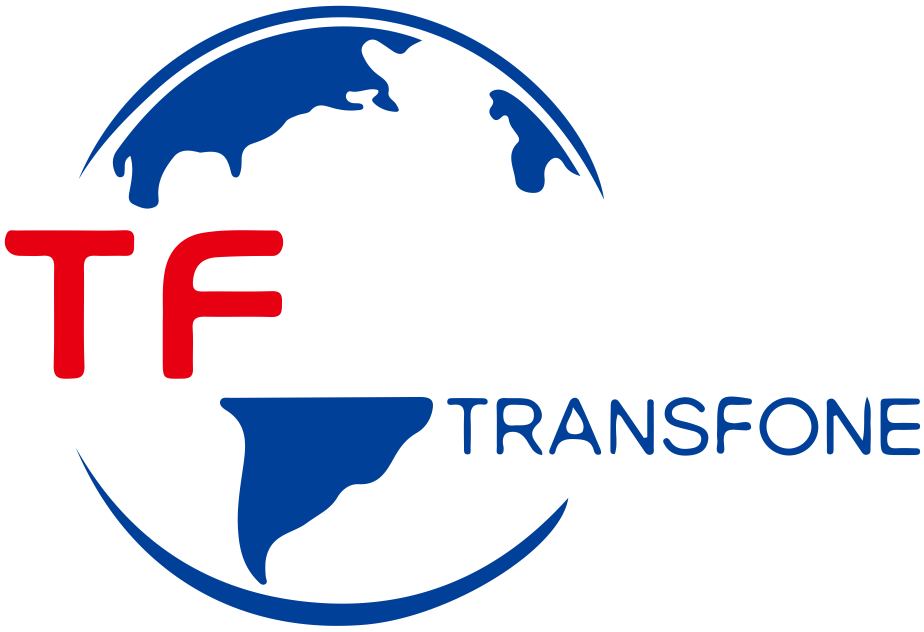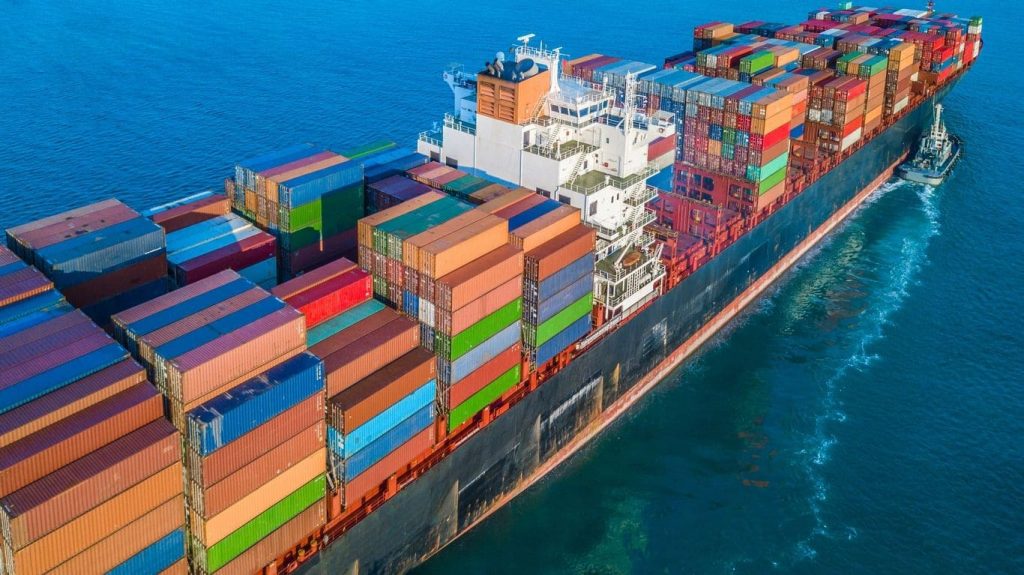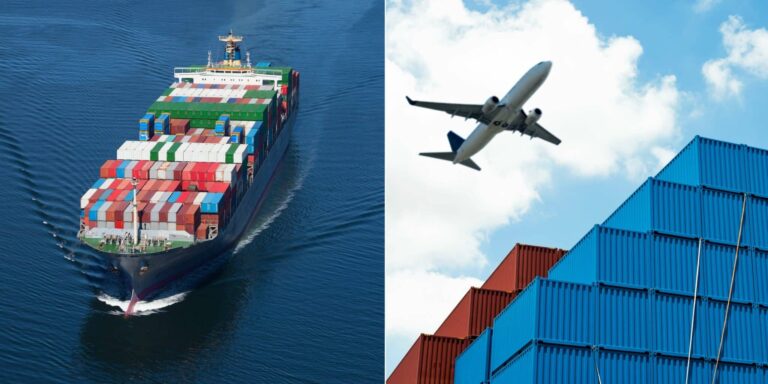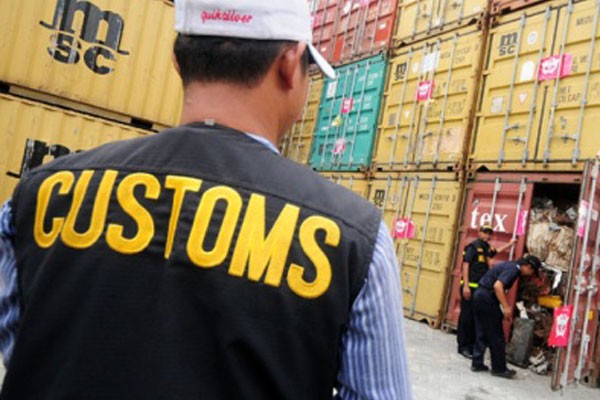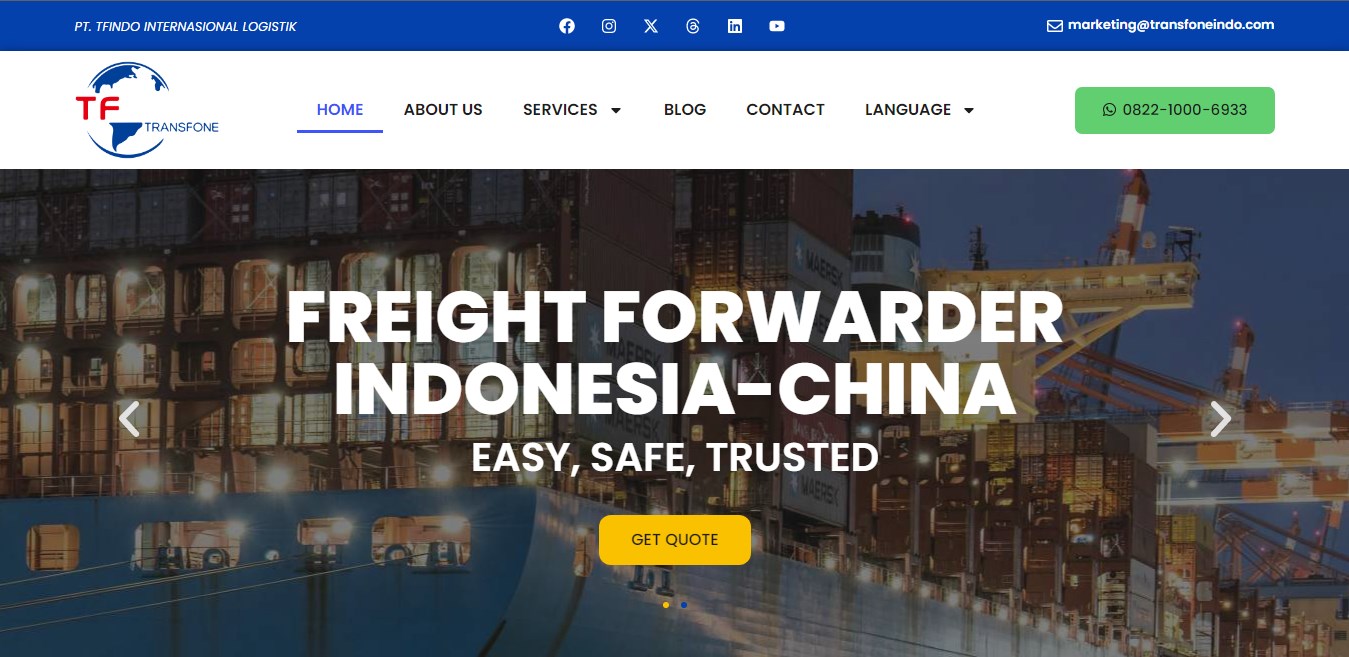In 2024, the Indonesian government will again update its export-import goods policy in response to global economic dynamics and the need to increase national competitiveness. This policy is a strategic step that not only aims to support economic growth, but also to strengthen Indonesia's position in international trade.
This latest policy covers various aspects, from simplifying the licensing process, tightening supervision and quality standardization, to incentives for export-oriented industries. With these changes, the government hopes to provide greater support to domestic businesses and attract more foreign investment.
1. Simplification of the Licensing Process
One of the key elements of the latest policy in 2024 is simplifying the licensing process through system strengthening Online Single Submission (OSS). The OSS launched several years earlier has now been updated with more sophisticated technology, including the use of artificial intelligence (AI) to process permit applications automatically.
OSS 2.0, as this updated system is called, allows integration across ministries and institutions so that business actors can manage all necessary permits through one platform. Processes that previously took weeks can now be completed in days, or even hours, depending on the complexity of the application.
The government also introduced the “Green Lane” feature in OSS 2.0 for business actors with a good track record, where they can obtain permits more quickly with fewer requirements. This feature is designed to provide incentives for companies that comply and perform well.
2. Tightening Supervision and Quality Standardization
The Indonesian government has also increased standards and supervision of products entering and leaving the country. In 2024, the government will begin implementing the Product Legality Verification System (SVLP) which requires all imported products to meet Indonesian national standards (SNI) or recognized international standards.
This policy was implemented to protect domestic consumers from low quality products and maintain the reputation of Indonesian products in the international market. Export products from Indonesia are also required to meet stricter standards in order to compete in the global market.
In addition, the government is working with trading partner countries to accelerate recognition of standards between countries through bilateral and multilateral agreements. This step aims to expand market access for Indonesian products, especially in sectors such as food and beverages, textiles and electronic products.
3. Restrictions and Regulations on Exports of Raw Materials
In 2024, Indonesia will tighten regulations on exports of raw materials, especially in the mining sector. This policy is in line with the government's efforts to encourage downstream domestic industry, where raw materials such as nickel, bauxite and copper must be processed domestically before being exported.
This policy aims to increase the added value of Indonesian products and create more jobs in the industrial sector. The government provides various incentives, including tax breaks and subsidies, for companies that invest in domestic raw material processing facilities.
However, this policy also creates challenges for several business actors, especially those who have relied on exports of raw materials as their main source of income. The government is attempting to address these challenges by offering training programs and technical assistance to help companies shift to more value-added business models.
4. Incentives for Export-Oriented Industries
To support export-oriented industries, the government introduced various fiscal and non-fiscal incentives. One of the main policies is the elimination of import duties for strategic raw materials that are not available domestically. This step aims to reduce production costs and increase the competitiveness of Indonesian products in the international market.
The government also provides tax incentives for companies that export innovative products or that successfully penetrate new markets. Apart from that, there is a special funding program for small and medium enterprises (SMEs) who want to expand their business overseas.
In an effort to encourage innovation, the government is collaborating with various research institutions and universities to provide support in developing new export-oriented products. This support includes providing research funds, laboratory facilities, and training for workers.
5. Strengthening International Trade Cooperation
In 2024, Indonesia will continue to expand its network of free trade agreements (FTA) and Comprehensive Economic Partnership Agreements (CEPA) with various partner countries. The government is focusing on negotiations with countries that have large market potential for Indonesian products, such as the European Union, the United States and countries in the African region.
In these new agreements, Indonesia seeks to gain better access to foreign markets, while protecting domestic strategic sectors from unbalanced competition. The government also emphasizes the importance of diversifying export markets to reduce dependence on certain countries.
To support this expansion, the government is strengthening the role of trade attachés abroad and working with trade promotion agencies to identify new market opportunities. This effort is also supported by active economic diplomacy, where Indonesia promotes its products in various international forums.
6. Modernization of Logistics Systems and Infrastructure
In supporting export-import policies, the Indonesian government continues to develop more modern and efficient infrastructure and logistics systems. In 2024, one of the main focuses will be the development of ports and airports that are integrated with digital logistics systems.
The government launched the National Logistic Ecosystem (NLE) which aims to integrate the entire supply chain from producers, distribution, to final consumers. This NLE is supported by blockchain technology and the Internet of Things (IoT) to ensure transparency, speed and accuracy in the goods delivery process.
Massive investment was also made in developing transportation networks, including toll roads, railways, and deep-sea ports. This infrastructure is expected to reduce logistics costs which have been one of the obstacles to the competitiveness of Indonesian products in the global market.
7. Challenges and Opportunities in 2024
While these latest policies provide many opportunities, challenges remain. One of them is increasingly tight global competition, especially with countries that have lower production cost structures. In addition, businesses in Indonesia also need to adapt to new regulations, which may require additional investment in technology and workforce training.
However, on the other hand, this policy also opens up new opportunities, especially for business actors who are able to innovate and adapt quickly. The government provides various supports to help business actors take advantage of this opportunity, ranging from access to financing, training, to technical assistance.
For business actors who want to develop in international markets, this policy offers various incentives and support that can increase their competitiveness. By taking advantage of this opportunity, it is hoped that Indonesia can increase its contribution to global trade and strengthen the national economy.
Conclusion
The latest policy for exporting and importing goods in Indonesia in 2024 reflects the government's efforts to respond to global challenges and strengthen Indonesia's position in international trade. Through simplifying licensing, tightening quality standards, industrial downstreaming, and incentives for export-oriented industries, the government hopes to increase the competitiveness of Indonesian products in the global market.
However, business actors need to be ready to face challenges, both in terms of regulations and global competition. With the right support, this policy can become the foundation for sustainable and inclusive economic growth, and strengthen Indonesia's position as a major player in international trade.
